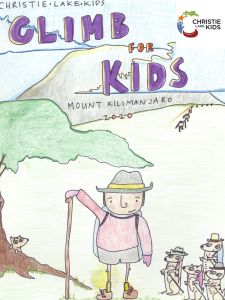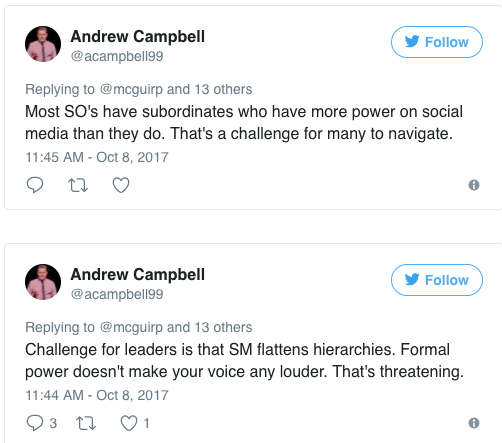At a time where credibility is measured by how many upvotes you get, is it possible to teach one history and expect our students to accept this as credible?

I don’t have an answer to this question, but in a world where what is credible is often decided through community consensus I think this is a good question to ask. Jason Steinhauer asks this and other questions in History Disrupted: How Social Media and the World Wide Web Have Changed the Past. (2022)
History is no longer the purview of the professional historian or even the history teacher. Public history captures the imagination like no textbook ever could. Where do teachers go now to teach their students? It could be one of the Crash Course History videos by John and Hank Green. The course commits to help students to become more informed, engaged and productive citizens of the world. It could be Hip Hughes History whose videos are engaging forays into a vast collection of historically significant topics. History Cool Kids @historycoolkids on Instagram offers daily engaging photographs of the past with background information and links for more information.

From August 2020 post – For a small amount of perspective at this moment, imagine you were born in 1900. When you are 14, World War I starts, and ends on your 18th birthday with 22 million people killed. Later in the year, a Spanish Flu epidemic hits the planet and runs until you are 20. Fifty million people die from it in those two years. Yes, 50 million.
Steinhauer offers many examples of how social media offers so many sites, blogs and podcasts mostly produced by public historians who do not come from an academic background. But, any history teacher reading this post could offer a plethora of other sources of on-line historical information that they use to engage their students in recounting the past.
What is now considered credible is a community consensus on what holds value. History Cool Kids is credible because it has over 1.4 million followers. Wikipedia articles have credibility because there is a community that rejects what is unfounded and promotes what can be cited.
Xavier de Petta, one of the creators of @Historyinpics points out the importance of social media history – “you no longer need to read 140 pages, you can read 140 characters” and most importantly, “you don’t need expertise to be heard”. (Steinhauer, p. 47)
This is something important to note. How relevant are academic historians if they have no voice? The road to academia is a privileged one taking many years and thousands of public dollars to achieve. Once granted the Ph.D. the newly minted academic gains the right to produce material that is rarely read by the general public or educators charged with teaching history in our schools. Steinhauer points out that there is a deep and ever growing rift between academic history and the public history created on the web.
This is real and we should recognize this. When I taught history teaching methodology at the university, all the sites we looked at would be categorized as public history. Some were produced by academics like the Great Unsolved Mysteries in Canadian History series that is written by Canadian professors thus bridging the tenuous gap between the university and the public realm. I hope this is not the exception, but most of the material we looked at came from public, not from professional historians.

This leads me to another question based on Steinhauer’s arguments. Does the professional historian play any role in the education of students? Is history a subject that could actually be self-taught utilizing the material that is currently being used in the classroom. Has social media destroyed our traditional approach to teaching history textbook in hand or has the internet opened us all up to new interpretations and viewpoints outside the exclusive realm of the academic?
What is relevant, what is credible, whose voices do we actually listen to?

























